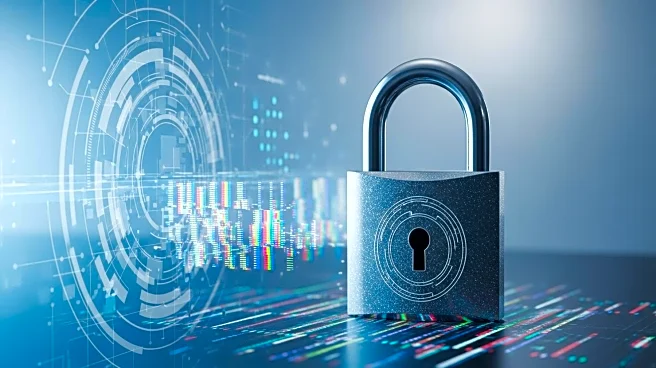What's Happening?
The internet is facing increased usability challenges due to the ongoing battle between adult content creators and content pirates. Many creators on platforms like OnlyFans are employing companies to issue Digital Millennium Copyright Act (DMCA) takedown notices against entities that pirate their content. These companies, such as Takedowns AI, use automated systems to manage the high volume of piracy cases. However, this automation has led to unintended consequences, including the erroneous flagging and deindexing of unrelated content from Google search results. This situation underscores significant issues with the current handling of copyright violations on the internet, where automated systems are both filing and reviewing takedown requests, often without human oversight.
Why It's Important?
The rise of automated systems in managing copyright violations highlights a critical flaw in the current digital content ecosystem. As more creators rely on platforms like OnlyFans for their livelihoods, the inability to effectively control piracy poses a significant threat to their income. The broader impact on the internet includes the potential for legitimate content to be wrongly removed or hidden from search engines, affecting content accessibility and the reliability of search results. This situation could lead to increased scrutiny of automated copyright enforcement mechanisms and calls for more robust human oversight to prevent such errors.
What's Next?
As the issue of content piracy and automated enforcement continues to grow, stakeholders may push for reforms in how copyright violations are managed online. This could involve developing more sophisticated systems that incorporate human review to reduce errors. Additionally, there may be increased advocacy for policy changes to better protect content creators while ensuring the integrity of internet search results. The ongoing challenges could also prompt discussions about the balance between automation and human intervention in digital rights management.
Beyond the Headlines
The reliance on automated systems for copyright enforcement raises ethical questions about the role of technology in managing intellectual property rights. The potential for misuse or overreach by these systems could lead to broader debates about digital rights and the responsibilities of tech companies in safeguarding both creators and consumers. This situation also highlights the need for a more nuanced approach to digital content management that considers the diverse needs of stakeholders in the digital economy.










